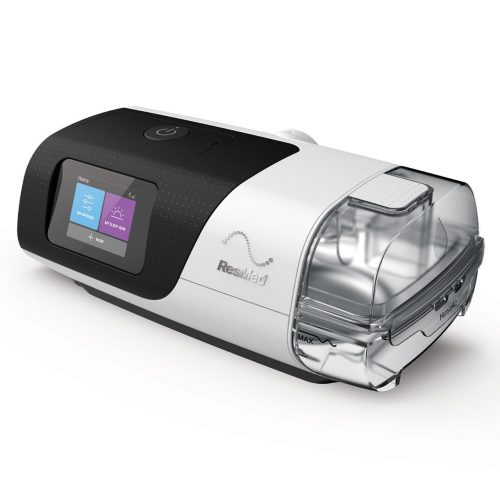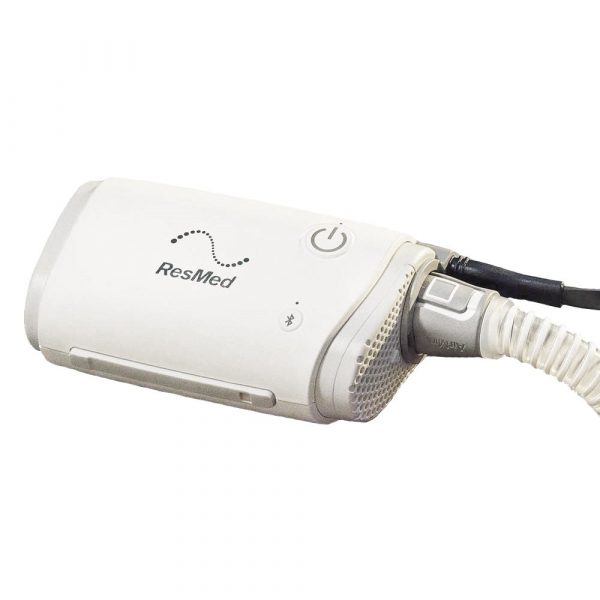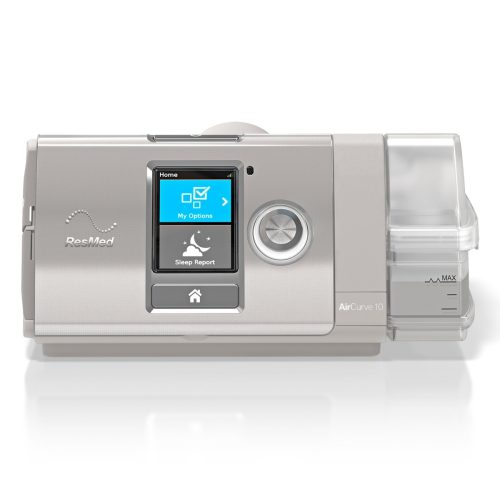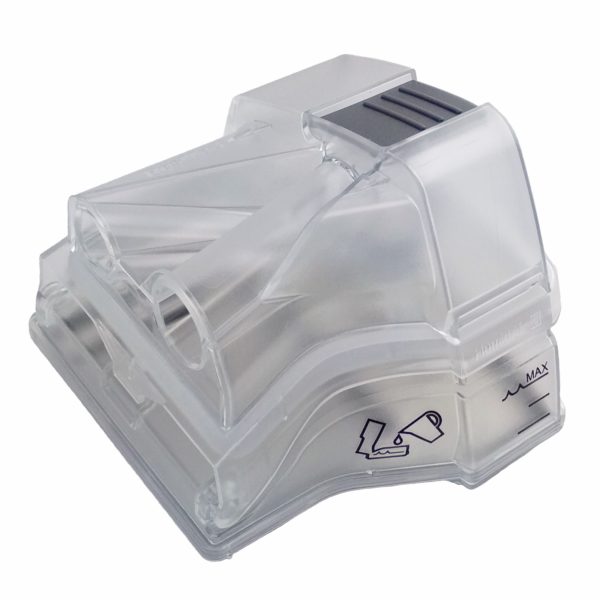The Role of CPAP Machines in Sleep Apnea Therapy
CPAP machines are the most widely recommended treatment for obstructive sleep apnea. These devices deliver a steady stream of pressurized air through a mask, keeping the airways open during sleep. This prevents the pauses in breathing characteristic of sleep apnea, leading to better sleep quality and overall health.
Our Selection of CPAP Machines
MedPro’s CPAP machines come with various features to suit different needs:
- Standard CPAP Machines: Offering fixed pressure settings recommended by your doctor.
- Auto-CPAP Machines: Automatically adjusting pressure throughout the night for tailored therapy.
- Travel CPAP Machines: Compact and lightweight, designed for easy portability.
- Advanced Features: Including built-in humidifiers, quiet operation, and data tracking capabilities.
Commitment to Quality and Innovation
At MedPro, we understand the importance of a reliable and effective CPAP machine. We partner with leading manufacturers to offer devices that are not only innovative but also meet the highest standards of quality and reliability.
Expert Guidance and Support
Choosing the right CPAP machine can be a significant decision. Our knowledgeable team at MedPro is here to provide you with expert advice, helping you select a machine that aligns with your medical needs, lifestyle, and preferences.
CPAP Machines FAQs
The right CPAP machine depends on your specific sleep apnea severity, lifestyle, and comfort preferences. We can help guide you based on your doctor’s prescription and individual needs.
Standard CPAP machines deliver a fixed amount of pressure, while auto-CPAP machines adjust the pressure automatically throughout the night based on your breathing patterns.
Travel CPAP machines are designed to be portable while maintaining the effectiveness of therapy. They are an excellent choice for frequent travelers.
CPAP machines typically have a lifespan of 5-7 years. Regular maintenance and updates can extend their usability.
A doctor’s prescription is usually required to purchase a CPAP machine, as it ensures the device is set to the correct pressure settings for your needs.
Regular cleaning is crucial for the longevity and effectiveness of your CPAP machine. The mask and tubing should be cleaned daily with mild soap and water, and the machine’s filter should be replaced as per the manufacturer’s recommendations. Always refer to your specific machine’s manual for detailed maintenance instructions.
Key features to consider include humidification options, noise level, ease of use, data tracking capabilities, and pressure adjustment features. The choice of features will depend on your specific therapy needs and lifestyle preferences.
While CPAP machines are primarily designed for sleep apnea therapy, they may be used for other medical conditions as directed by a healthcare professional. It’s important to follow the guidance of your doctor for any off-label use.
Some users may experience mild side effects like nasal congestion, dryness, or irritation, particularly when first starting therapy. These can often be alleviated with adjustments in humidity settings, mask fit, or using CPAP accessories like chin straps.
Your CPAP machine should operate quietly and consistently deliver air. Signs of potential issues include unusual noises, inconsistent air flow, or error messages on the device. Regularly monitoring and maintaining your machine, as well as consulting with your healthcare provider, can help ensure it’s working correctly.




